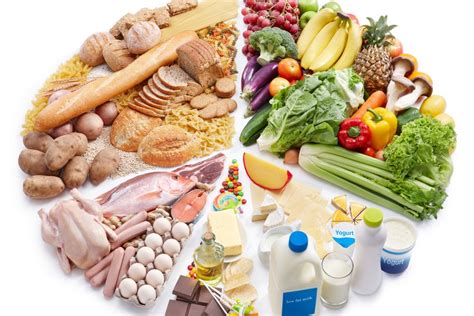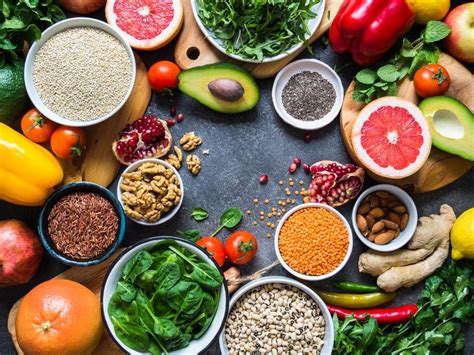Best diet tips to naturally optimize male testosterone & vitality?

Testosterone is a crucial hormone for men, influencing everything from muscle mass and bone density to mood, energy levels, and libido. While its levels naturally decline with age, dietary choices play a significant role in maintaining optimal testosterone and overall vitality. Fortunately, by focusing on nutrient-rich foods and avoiding certain pitfalls, men can naturally support their hormonal health and enhance their well-being.
The Foundational Nutrients for Testosterone Production
Optimizing testosterone naturally begins with ensuring your diet provides the essential building blocks your body needs. Several vitamins and minerals are directly involved in testosterone synthesis and regulation.
Zinc: The Mineral Powerhouse
Zinc is paramount for male hormonal health. It plays a critical role in testosterone production and protects against its conversion to estrogen. Excellent sources include oysters, red meat, poultry, beans, nuts, and whole grains. Aim for adequate intake to support healthy levels.
Vitamin D: The Sunshine Vitamin
Often referred to as a pro-hormone, Vitamin D is vital for numerous bodily functions, including testosterone regulation. While sunlight is the primary source, dietary intake from fatty fish (salmon, mackerel), fortified dairy products, and certain mushrooms can contribute. Many men are deficient, making supplementation a consideration under medical guidance.

Healthy Fats: Essential for Hormone Synthesis
Don’t shy away from fats – the right kind are crucial! Cholesterol is a precursor to testosterone, and healthy fats help your body produce it. Incorporate monounsaturated fats found in avocados, olive oil, and nuts, as well as omega-3 fatty acids from fatty fish (salmon, flaxseeds, chia seeds). These fats also help reduce inflammation, which can negatively impact hormone balance.
Magnesium: Boosting Free Testosterone
Magnesium is an often-overlooked mineral that can significantly impact free (bioavailable) testosterone levels. It binds to sex hormone-binding globulin (SHBG), preventing it from binding to testosterone and making more of the hormone available for your body to use. Rich sources include leafy green vegetables, nuts (almonds, cashews), seeds, legumes, and dark chocolate.

Beyond Specific Nutrients – The Broader Dietary Picture
While individual nutrients are important, your overall eating pattern is equally critical for sustained vitality and hormonal balance.
Prioritize Whole, Unprocessed Foods
A diet rich in whole foods – fruits, vegetables, lean proteins, and complex carbohydrates – provides a spectrum of vitamins, minerals, and antioxidants essential for overall health and endocrine function. These foods support energy levels, combat inflammation, and provide sustained fuel for your body.
Limit Sugar and Refined Carbohydrates
High consumption of sugar and refined carbs can lead to insulin resistance and increased body fat, both of which are detrimental to testosterone levels. Opt for complex carbohydrates like whole grains, sweet potatoes, and legumes, which provide sustained energy without sharp blood sugar spikes.

Minimize Processed Foods and Unhealthy Fats
Processed foods often contain trans fats, excessive sodium, and artificial ingredients that can disrupt hormone balance and contribute to inflammation. Similarly, excessive intake of unhealthy saturated and trans fats found in fried foods and many packaged snacks can negatively impact cardiovascular health and, indirectly, hormone production.
Stay Hydrated
Often overlooked, adequate hydration is fundamental for all bodily functions, including hormone transport and nutrient absorption. Make water your primary beverage choice throughout the day.

The Synergy of Diet and Lifestyle
While diet is a powerful tool, it works best in conjunction with other healthy lifestyle habits to truly optimize testosterone and vitality.
- Regular Exercise: Especially strength training and high-intensity interval training (HIIT), can significantly boost testosterone.
- Adequate Sleep: Poor sleep quality and insufficient duration are strongly linked to lower testosterone levels. Aim for 7-9 hours per night.
- Stress Management: Chronic stress elevates cortisol, which can suppress testosterone production. Incorporate stress-reducing activities like meditation, yoga, or hobbies.
- Limit Alcohol Intake: Excessive alcohol consumption can disrupt hormone production and metabolism.

Conclusion
Optimizing male testosterone and vitality naturally is an achievable goal through a thoughtful approach to nutrition. By prioritizing zinc, Vitamin D, healthy fats, and magnesium, embracing whole, unprocessed foods, and limiting detrimental dietary elements, men can lay a strong foundation for hormonal health. When combined with regular exercise, quality sleep, and stress management, these dietary strategies can lead to improved energy, mood, muscle mass, and overall well-being, enhancing vitality at any age.









